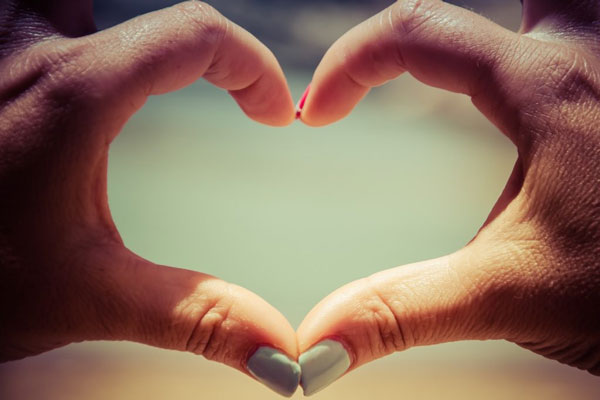Happy relationships: the art of captivating and being captivated
“Life is too short for trivial arguments, excuses and bitterness. There is only time to love, and even for that, it is only an instant.”
Mark Twain
Captivate me, says the fox to the little prince
Antoine de Saint-Exupéry in his book “The Little Prince”, in a magnificent dialogue between the fox and the little prince, simply highlights the importance of captivating and being captivated as the best antidote to monotony, loneliness and unhappiness:
“- I lead a monotonous life, says the fox. I hunt chickens and men hunt me. All chickens are equal and all men are equal. That’s why I get a bit bored. But if you captivate me, it will be as if the sun illuminated my life (…)
The fox fell silent and looked for a long time at the little prince.
– Please captivate me, she said.
– I would be delighted, replied the little prince, but I lack time. I need to make friends and get to know many things.
– You only know the things you captivate, said the fox…. men no longer have friends. If you want a friend, captivate me.
– How can I do that? said the little prince.
– You must be very patient, replied the fox. First, you sit a little away from me, like this, on the grass. I look at you through the corner of my eye and you say nothing. Language is a source of misunderstandings. But day by day, you can sit closer and closer…
The next day, the little prince returned.
– It would have been better if you had come at the same time, said the fox. If you come, for example, at four o’clock in the afternoon, by three o’clock I will be happy. The more time goes on, the happier I will feel… But if you come at any hour, I can never know at what time I shall dress my heart.
Good relationships make people happier.
Over 75 years, researchers at Harvard University followed 724 people (of whom only 60 followed the process to the end). Throughout this time, they carried out a series of interviews, followed their work and home life, carried out medical blood tests and brain scans, to discover what contributed to making the lives of those people, from various social backgrounds, more fulfilling.
The most important conclusion, according to Robert Waldinguerer, the fourth director of this research, is that good relationships are associated with a happier, healthier and longer life. The fundamental thing is not to relate to a greater number of people, but that those with whom you establish the relationship have low levels of conflict, which does not mean that they always agree and that you never argue with those closest to you, nor that there is always a lot of tranquillity.
Healthy relationships contribute to better health.
If you have good relationships, you will be happier and have a greater resistance and tolerance to physical pain. For example, if you are 50 years old and you are happy with the people you are in relationships with, you will age more healthily and have a greater tolerance for physical pain.
This study shows, then, that good relationships with family, friends and community make life happier and contribute to good health. Much more than fame, getting rich or working harder and better.
How does the art of captivating and being captivated begin?
He started his art of captivating and being captivated with his mother, father or other substitutes. You were captivated by the attention, affection, presence, security and unconditional acceptance you received and, in this way, you forged the way of relating to others, which you will repeat and love in the way you felt and learnt to be loved.
If you have not been fortunate enough to be born into a stable and structured family, during the course of your life you may have struggled with the difficulties inherent to unstable and unsatisfactory relationships.
However, it is not your point of departure, your birth, your genes and your history that define you, but your capacity, even if unknown, to recreate your life and your relationships, learning to love and be loved when you fall in love, in friendship and in stronger and more temporary attachments like those you establish with work colleagues, neighbours and friends on holiday.
What does captivate mean?
To captivate means to create bonds. To be captivated translates into your connections with the people in your life. And, perhaps your connection is stronger if you captivate than if you are captivated. Why? Let’s take up the story of the little prince again, this time when he goes to visit the roses:
“- You are beautiful but empty. No one will die for you. It is true that, as for my rose, any ordinary passer-by will think that it resembles you. But alone, it is worth more than all of you put together, because it is the one I watered. (…) Because it was she and she alone that I heard lamenting or boasting, or even, at times, being silent. Because she is my rose.”
And in this care, in the patience he has with all those who are part of his life in listening, in dialogue, he was captivating and simultaneously being captivated, like the little prince by his rose. It was the time he spent with his rose that made it so important, because it was with her that he learnt to “dress his heart” and to learn to see better: “one can only see well with the heart. The essential is invisible to the eye”.
What will you do today to “put on your heart”? To captivate and be captivated?

